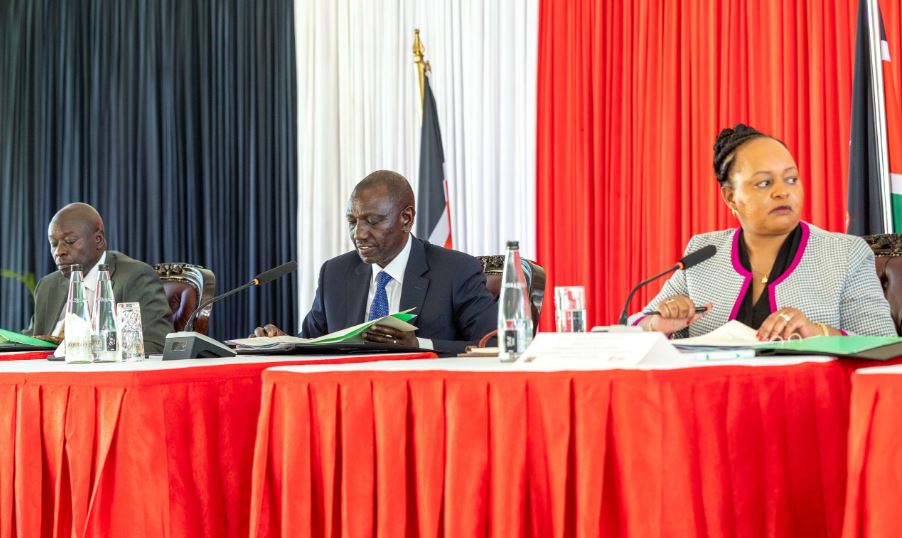
The stakeholders, drawn from diverse content creation sectors, expressed optimism that the envisioned policy would create more avenues for upcoming artists to access global platforms for their content.
The stakeholders, gathered at a Nakuru hotel, were taken through the provisions of the Draft Creative Economic Policy and the Creative Industries Bill as a mandatory requirement for public participation.
The participants were taken through the contents of the Bill by Justice Thuranira of the Kenya Law Reform Commission, who assured them that their views would be discussed for incorporation into the Bill.
He told the participants that the government had taken note of the challenges faced by the creative artists and had therefore conceptualised the policy and Bill as a remedy to the challenges.
He said that the government intends to provide synergy through digital infrastructural support, funding, and research facilitation as avenues to spur the growth of the sector, which is fast becoming a source of income for many creatives.
In his remarks, Patrick Samba appealed to the government to set up a standard rate card for performing artists invited to national celebrations and events as a way of promoting upcoming artists.
Peter Wachira, a theatre artist, said there is a need for the government to enact laws that will compel all private radio and TV stations to air local content to promote local content.
Other stakeholders who spoke at the meeting called for establishing a National Artists Council that will bring together all industry players and enable them to address their concerns as a team.
The Draft Creative Economic Policy and the Creative Industries Bill were developed to enhance the policy and legal framework for implementing the Bottom-Up Transformative Economic Agenda (BETA) and other related purposes.
The government hopes that doing so will enable creative artists to make decent earnings from their creative works.
The Bill proposes the establishment of a creative industries Development Fund that will support the growth of the creative industry through financial empowerment. It is expected that the fund will offer infrastructural support, research funding, and help in the creation of creative hubs.
The Bill also proposes the establishment of a creative voucher system that will provide artists with vouchers to access training and equipment and even help market their works.

The government, through the Bill, commits to providing subsidised rental studios with equipment that is tailor-made for artists. The studios will have internet connectivity, cloud services, and content distribution networks. This is intended to help the artists produce quality content.
The government also hopes to empower practitioners in the creative economy to exploit existing and emerging opportunities in digital, local, and international markets.
The government also aims to improve awareness of intellectual property laws and regulations within the creative economy. This will be done through the development of comprehensive awareness programmes that will enlighten artists about patenting their products.
The bill has identified some of the challenges faced by artists and suggested ways of dealing with them.
It indicates that some of the artists face challenges in accessing financing due to stringent collateral requirements, low income levels of upcoming artists, and a lack of adequate technical and entrepreneurial skills.
They also face deficiencies in physical and digital infrastructure for showcasing and distributing their creative works.
In acknowledging the critical role played by creative artists in the economy of the country, the government seeks to tap into talent that would otherwise go to waste due to a lack of capacity to monetize talent.
The Bill also aims to enhance the policy and legal framework governing the sector to enable it to operate at optimal levels.
– Kenya News Agency








